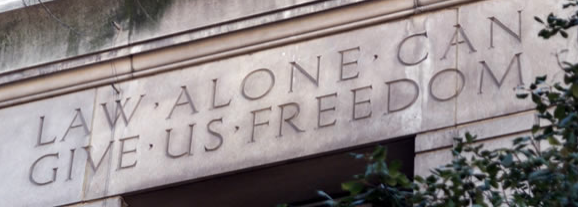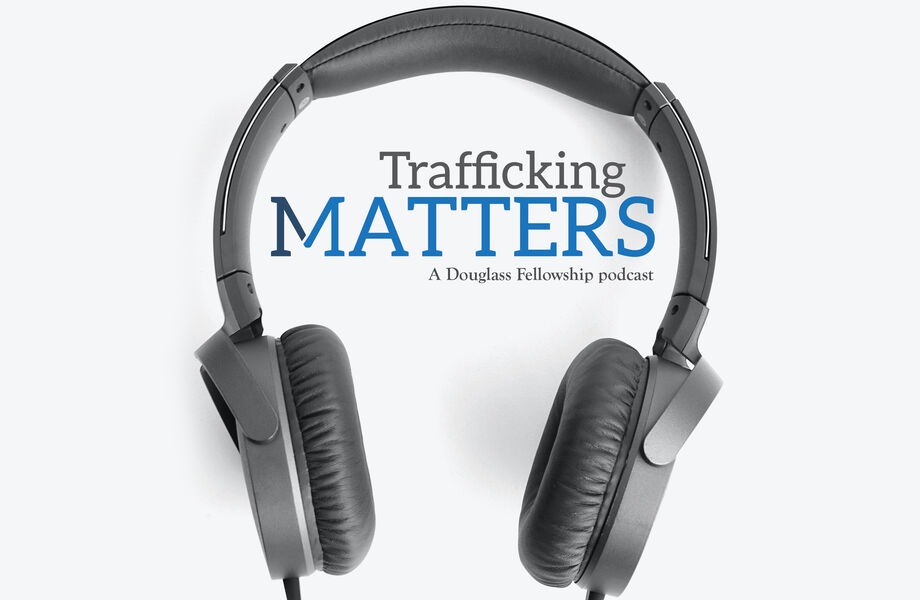Far too often the best resources evade our notice. In the fall of 2017, the U.S. Department of Justice provided a window into its perspective about many cutting-edge human trafficking trends. The DOJ dedicated an entire issue of the USA Bulletin, the internal journal for federal prosecutors, to the issue of trafficking in persons.
In 18 articles, 30 practitioners wrote on a wide variety of legal and organizational topics. The list of DOJ authors reads like a “who’s who” list of DOJ’s human trafficking leadership in both the Civil Rights Division and the Criminal Division. As the Bulletin’s introduction states, “The articles in this issue embody lessons learned by the Department’s prosecutors, investigators, and victim assistance specialists as they tackled this often hidden crime.”1
Some of the topics this issue of the USA Bulletin includes:
- Strategies to identify labor trafficking cases;
- Innovated charging strategies;
- Preventing traffickers from cross-examining survivors about their sexual history;
- Using financial crimes and forfeiture to combat traffickers;
- Increasing the number of mandatory restitution orders;
- Winning sex trafficking cases without a testifying survivor;
- Combatting human trafficking in organized crime and gangs;
- Stopping traffickers who use drugs to coerce their victims;
- Addressing forced labor in supply chains and the Tariff Act;
- Trafficking of Native Americans;
- Insights into the guidelines for sentencing traffickers; and
- Understanding a trauma-informed approach.
Whether one agrees or disagrees with the conclusions of each of these articles, this resource is helpful to understand the DOJ’s perspective on these topics. Click here for this important resource.
- 165 U.S. Attorneys’ Bulletin, November 2017, page 1.




